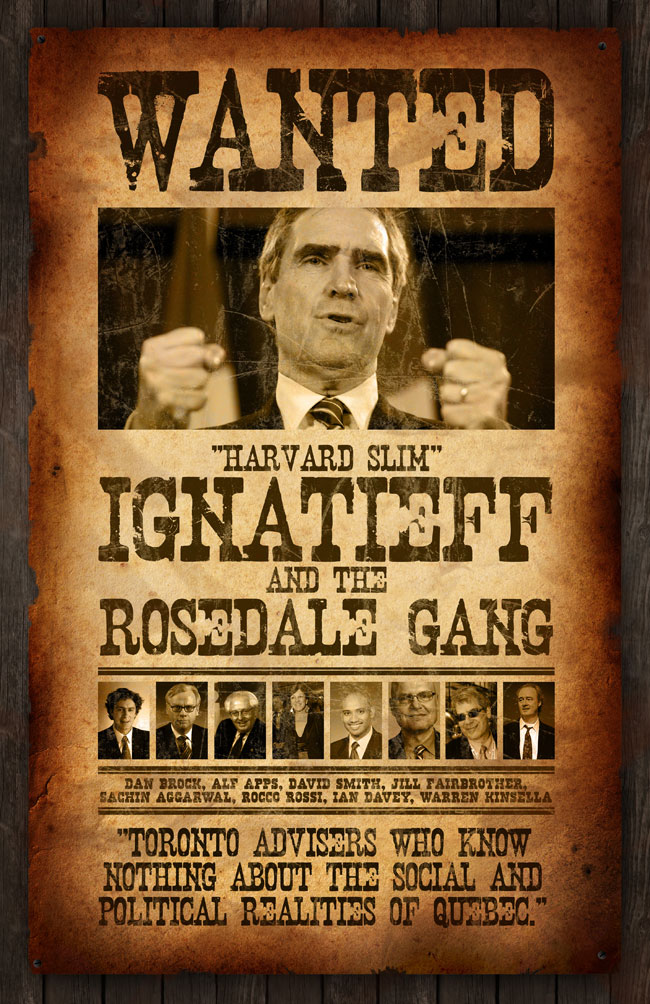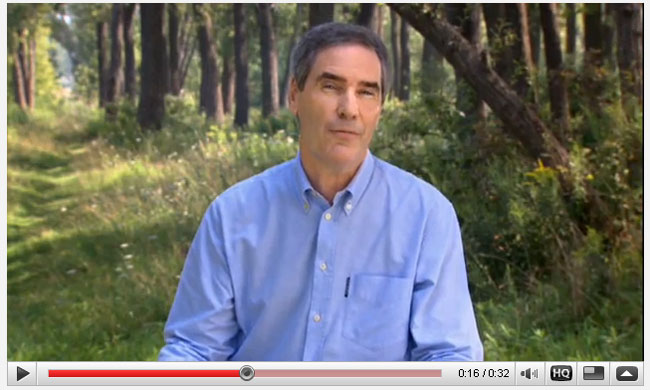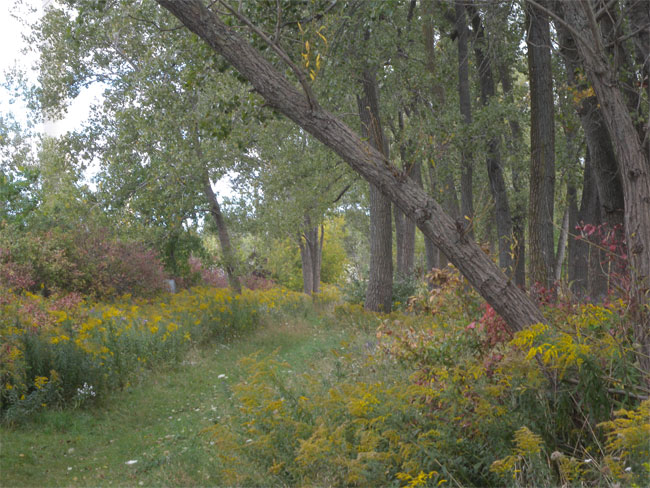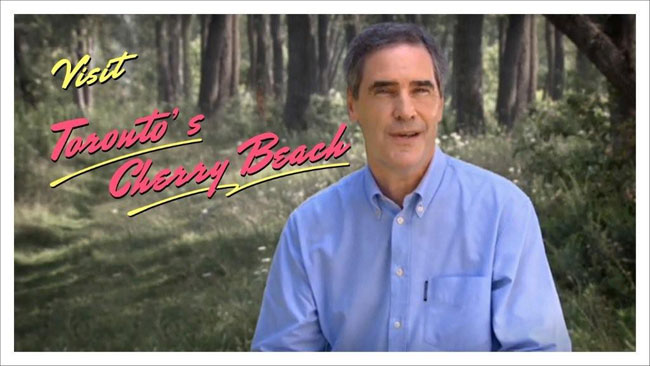The branding for the Canadian Olympic team was unveiled yesterday by the Hudson’s Bay Company which runs retail outlets under the Bay and Zeller’s names in Canada. The company is the official outfitter for the 2010 Vancouver Olympic Canadian team. Here’s their short video describing the brand and inspiration:
It’s a bit stirring isn’t it? But, as this is a political blog, let’s describe it in this context. For years, the Conservative Party in Canada has been trying to reset the image of Canada that had existed prior to a long-run of Liberal governments and the Conservatives have sought to push back against the rebranding of the Canadian image under that party.
There was criticism yesterday that the Canadian Olympic look and feel bore a striking resemblance to that of the governing party.

The Conservative Party logo (left), the Canadian Olympic logo (right)
First, it should be said that the Hudson’s Bay effort was completely independent of any government interference. This was confirmed by Gary Lunn, junior minister for Sport in the House of Commons yesterday in a response to a question by Vancouver Liberal MP Hedy Fry. After all, companies lobby government, it is unusual for government to lobby companies. You can see examples of other similar logos here, here, and here.
Despite the criticism about the branding similarities, and though in this case the government appears to be clear of any influence regarding HBC’s decision, the Conservatives in government have been working to recapture a certain sentiment among Canadians about their country.
That sentiment, stoked by Conservative branders, is pre-Trudeau(pian). Liberal branders would have you believe that this country was born after 1967, with the Montreal Expo, with a new red and white flag, healthcare and peacekeeping ingrained as our country’s greatest accomplishments.
Conservatives would remind Canadians that our country was born out of a pioneer spirit, hundreds of years ago, of brave individuals that carved out the wilderness and thrived in it. The Hudson’s Bay ad echoes this traditional vision of Canada.
Of Canada, Conservatives emphasize it’s history of fighting for King and country through early wars in Africa in the late nineteenth century and in Europe in the first great war. As Conservatives, we remember and acknowledge that we answered the call among nations to fight tyranny and totalitarianism in the second world war. Today, we recognize that the peace cannot be kept if it is not first made.
Our vision of Canada is one of individual determination and achievement over mushy collectivism. It was roughneck young explorers that mapped out the great expanse in the northwest of our country in search of new capitalist opportunities in fur, timber, ore and minerals.
The incremental rebranding of Canada by today’s government is not accidental. From the more organic maple leaf that adorns the header of every government of Canada website, replacing a more statist institutionalized version, to the rebranding of our armed forces to emphasize the role of the forces as not only the sharp end of the spear, but razorwire for troubled times rather than simply a career building opportunity, the Conservatives have made deliberate effort to remind Canadians of this more independent and rugged version of ourselves.
Under the Harper Conservatives, Canada’s image is emphasized as “the true North strong and free”, a country that defends and maintains its northern sovereignty rather than one that panders to a more European, globalized kid glove approach.
Michael Ignatieff has returned to Canada after quite some time abroad. A potential platform plank that he has been emphasizing is the regaining of Canada’s place on the world stage. In a speech to the Canadian Club of Ottawa, he spoke with a tone a wistfulness for those times when, well, the world was different:
Multilateralism was the Canadian mantra. In 1956, Lester Pearson found a way out of the Suez Crisis and made peacekeeping our vocation. When he won the Nobel Peace Prize the next year, the Nobel committee said “he’d saved the world.” We cheered.
In the post-war era, we became the world’s leading peacekeepers. Up to 1988, there was not a single mission that we didn’t join. At the same time, we went to war in Korea, the Persian Gulf and Kosovo. We went to war when we had to. We kept the peace when we could. Blue helmets became an emblem of our identity. — Michael Ignatieff
Before one can regain their footing, one must survey the new ground. Michael Ignatieff is not ignorant to the new challenges that the world has faced since Pearson. He’s done the heavy thinking on the new role of the world’s remaining superpower and its place on the world stage. However, one surmises that the former academic is in need of the same deep reflection when it comes to Canada’s maturation on the world stage since the Suez crisis, let alone 9/11. One fears that instead of deep academic and analytical reflection on the topic, his new position as a politician has driven him to a knee-jerk, easy but antiquated Liberal view of Canada. Since he left, Canada’s role on the world stage has evolved and matured from the euphemistic “honest broker” to a respected decision-making voice that is sought after for advice and respected for its decisiveness. Canada is again a country that does the heavy lifting.
Despite our history and place earned from taming our own wilderness through sharp wit instead of the welfare tit, despite our nation’s proud history of our young men and women stepping up up for King and country, in the time post-Pearson era Liberals rebranded this country. Expo 67 was promoted as “Canada’s introduction to the world”, as we were recast into the role of confident but newly innocent debutante ready to walk on the world stage if only to give a proper and elegant wave.
Today, Canada finds itself changed, but somehow familiar. Canada grew up long before Pierre Elliott Trudeau declared its birth. Though we were recast as a global ingenue by successive Liberal governments that had us play the stoically unsung middle “nuanced” power, when Canada hosts the world in Vancouver 2010, it will do so with its regained voice and identity.



